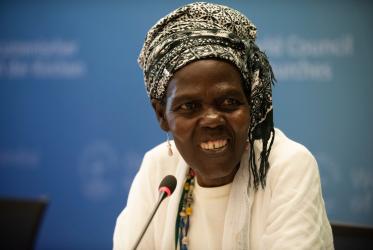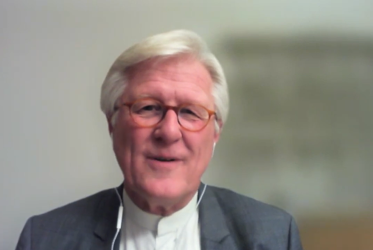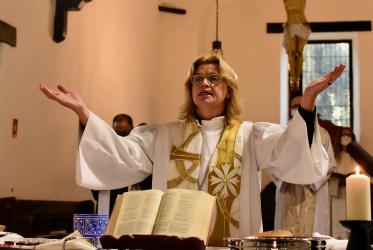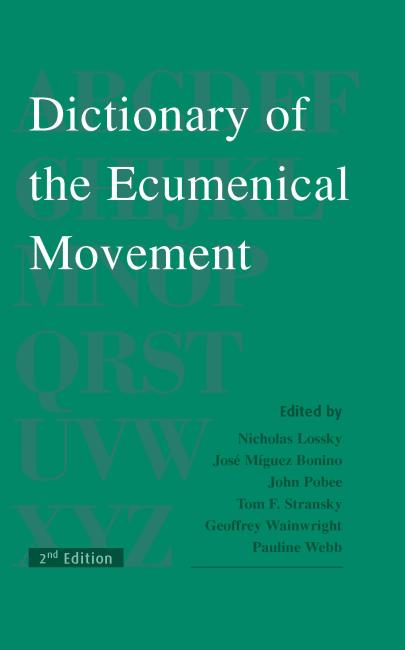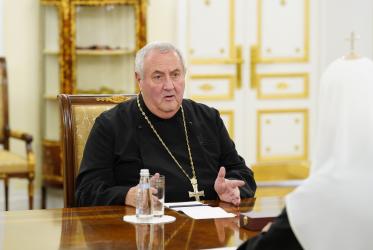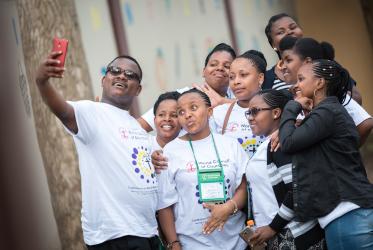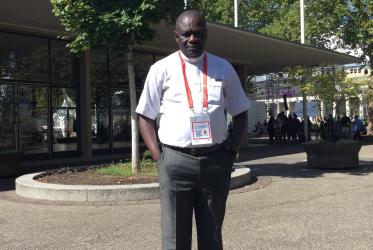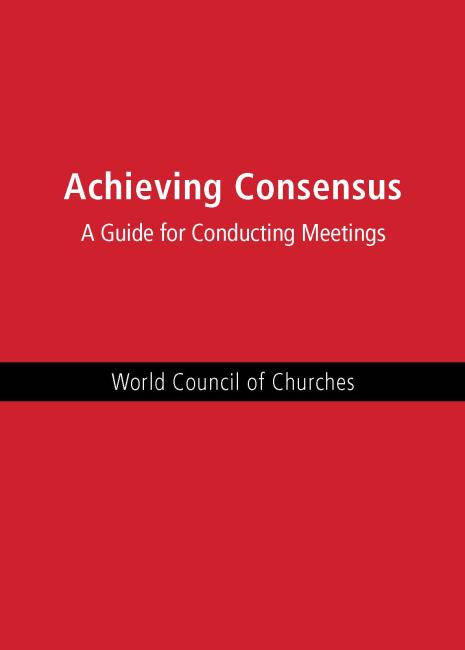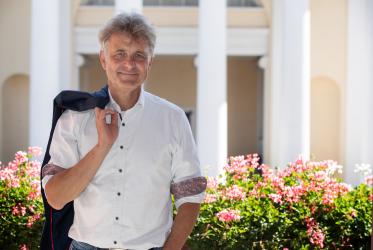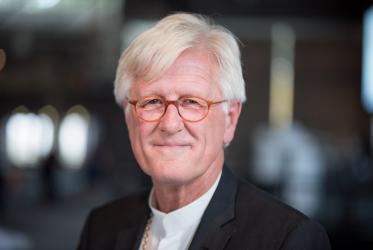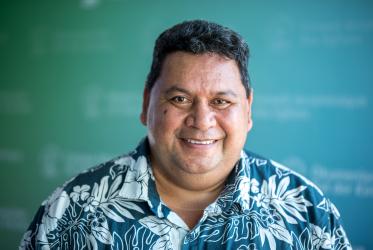Displaying 101 - 120 of 409
Pandemic and pedagogy: what are the valuable lessons?
21 December 2022
WCC moderator speaks on WCC journey amid difficult budget decisions
20 December 2022
In Chile, “Churches’ ministry of reconciliation is key”
29 November 2022
Dictionary of the Ecumenical Movement (2nd Edition)
28 November 2022
Towards a Global Vision of the Church Volume I
Explorations on Global Christianity and Ecclesiology, Faith and Order Paper 234
14 November 2022
Gracia Ross: “Responding to HIV is a moral obligation”
27 September 2022
When guests became citizens of Karlsruhe
12 September 2022
Bishop Dr Heinrich Bedford-Strohm reflects on new role as moderator
09 September 2022
